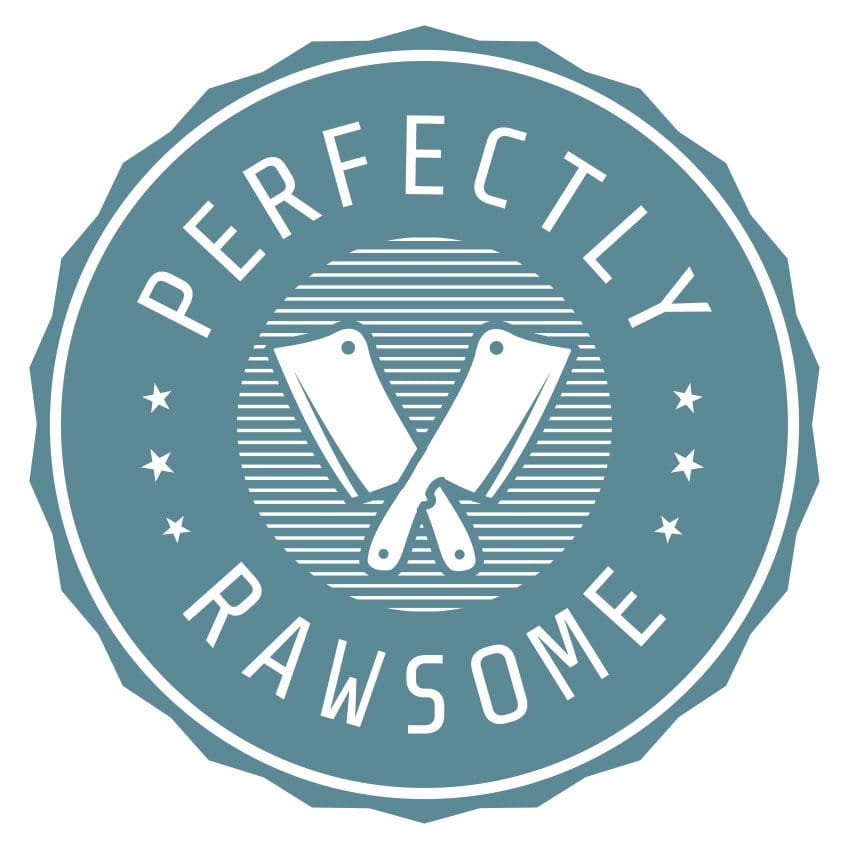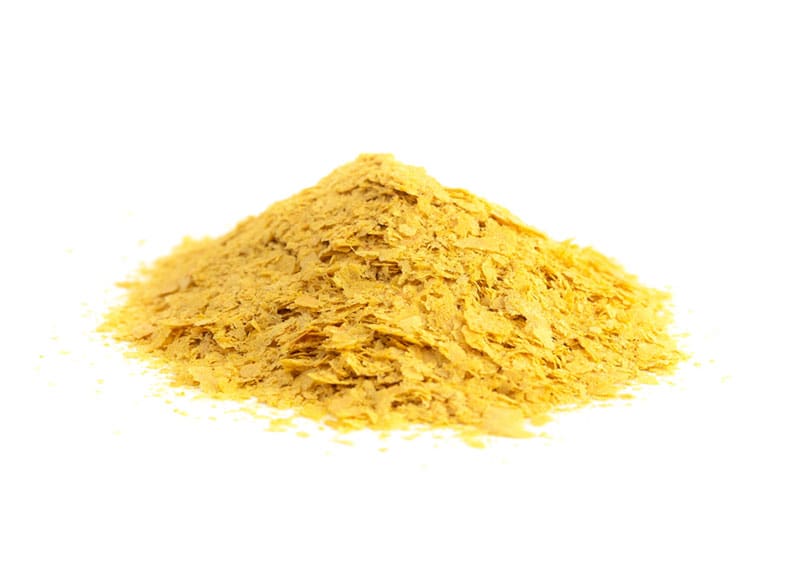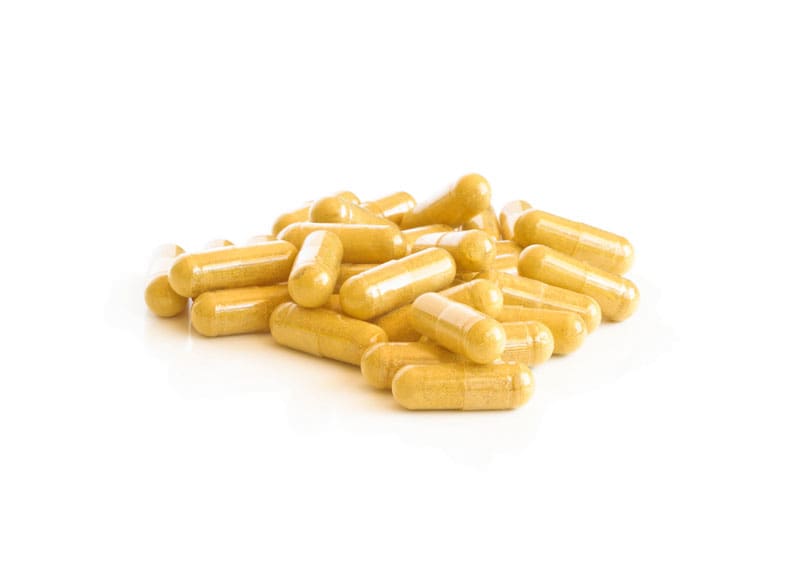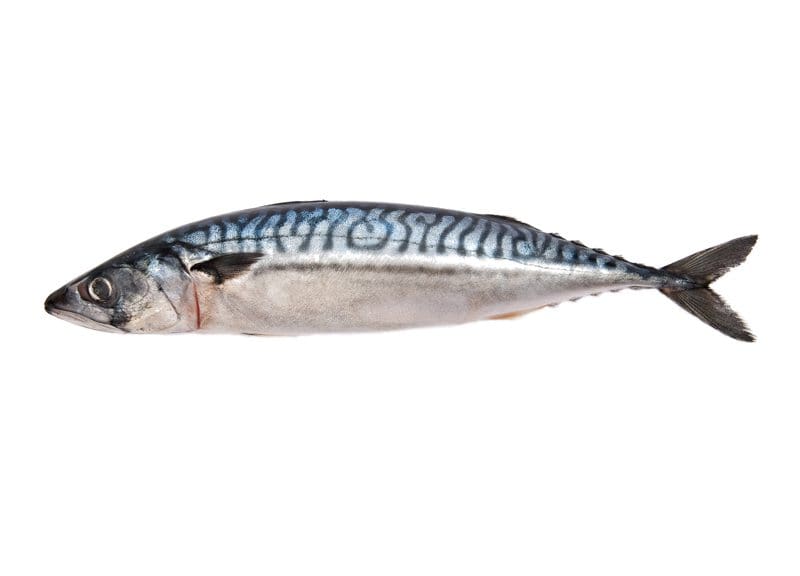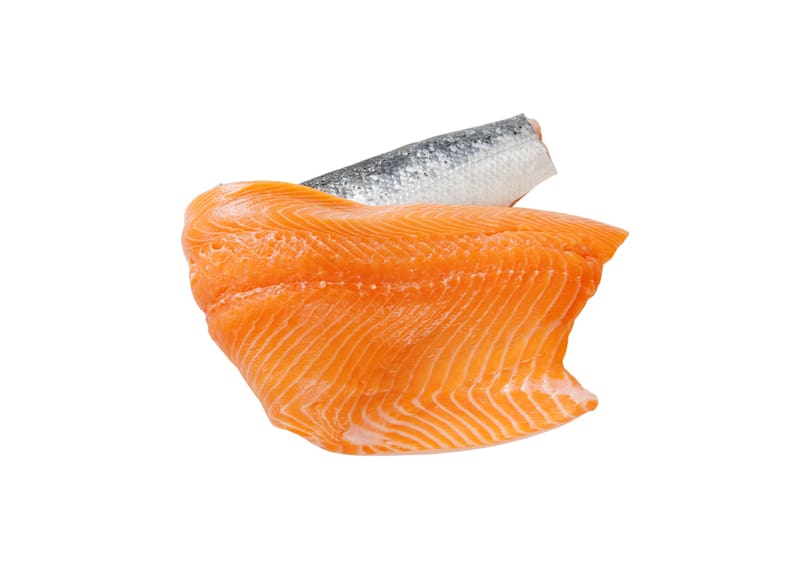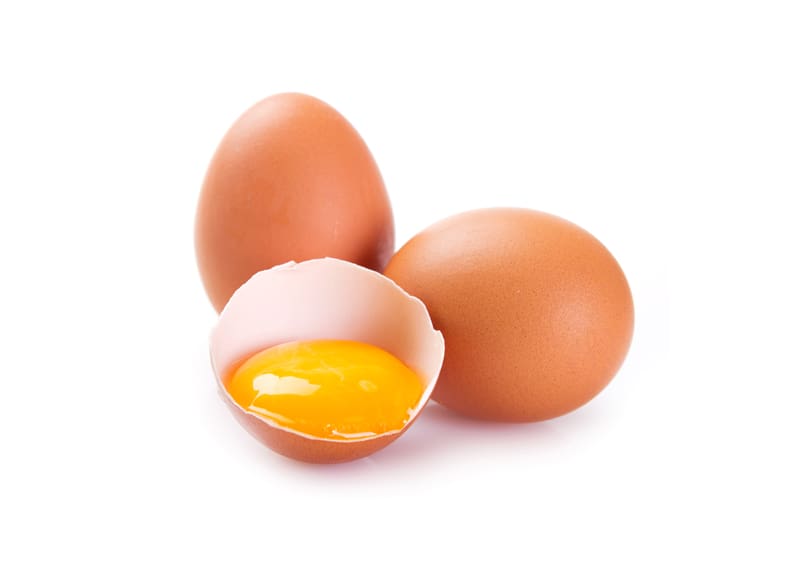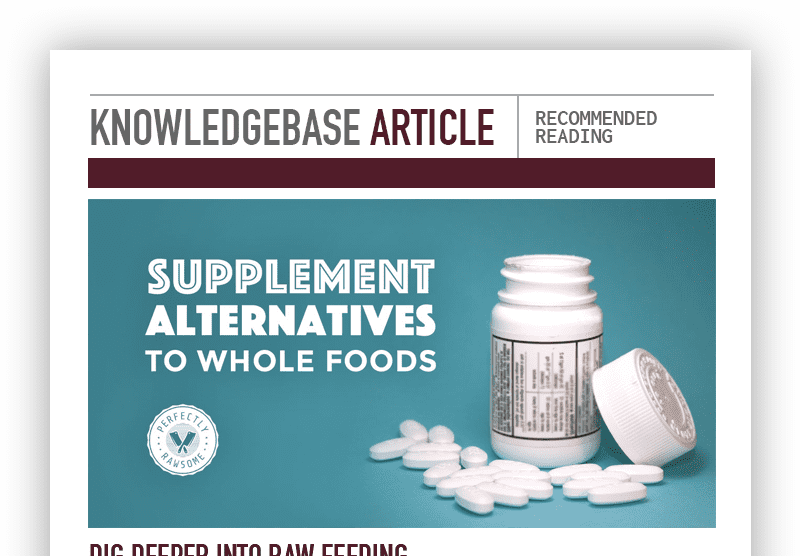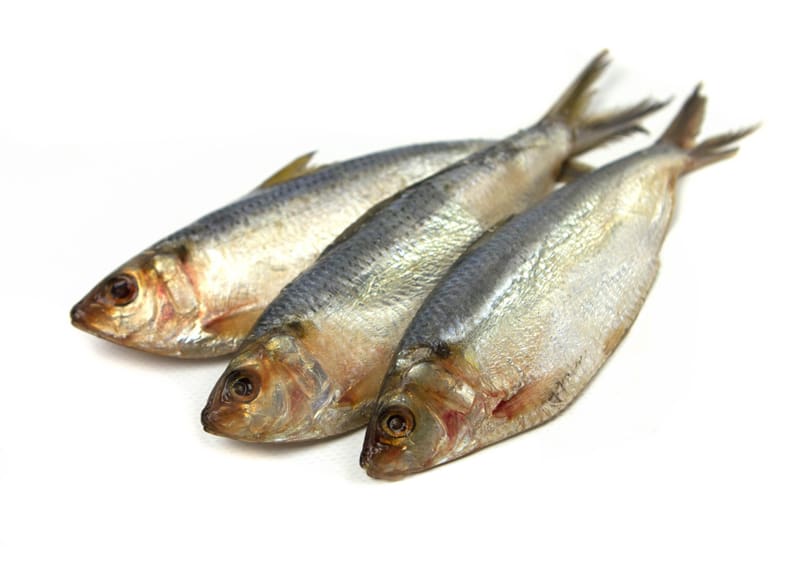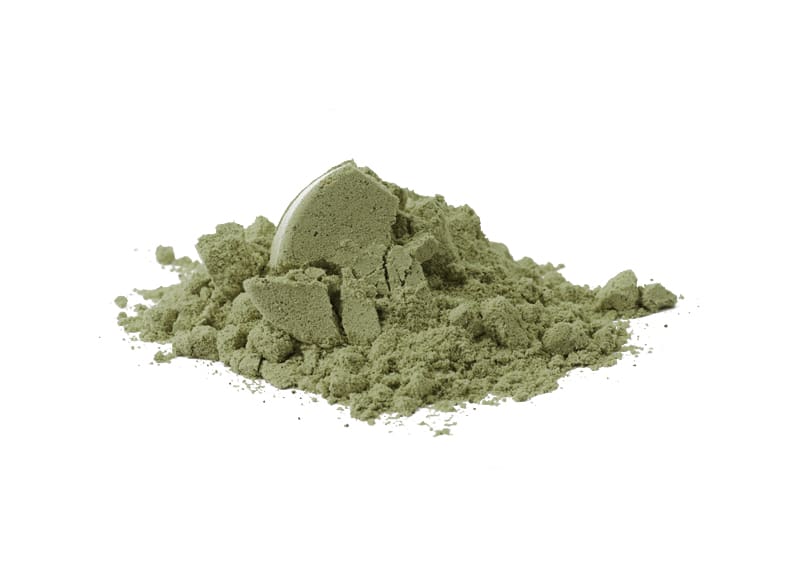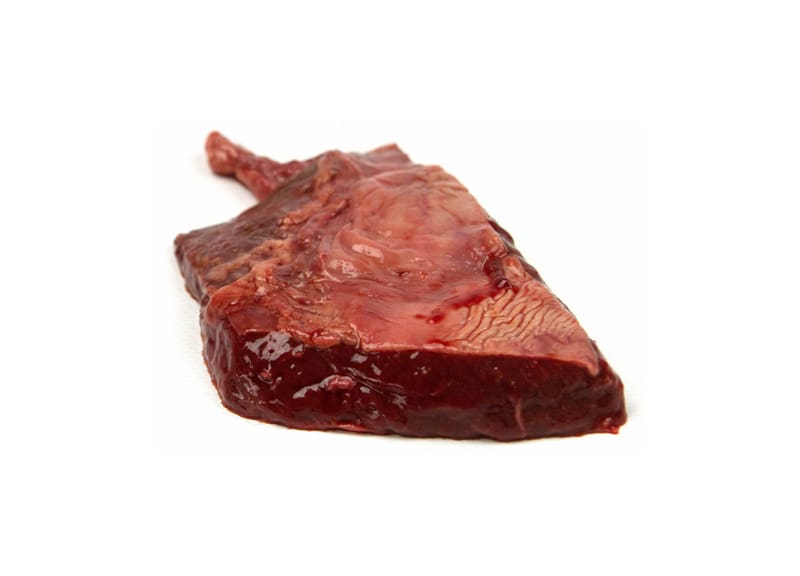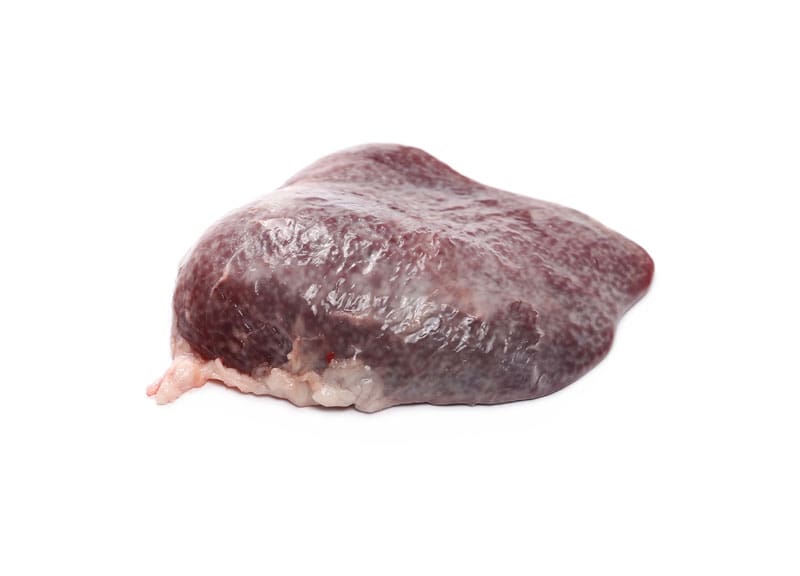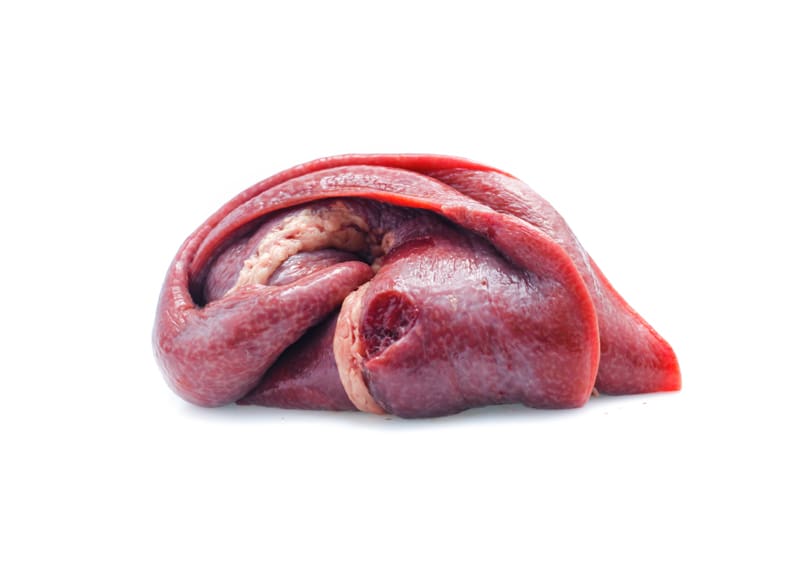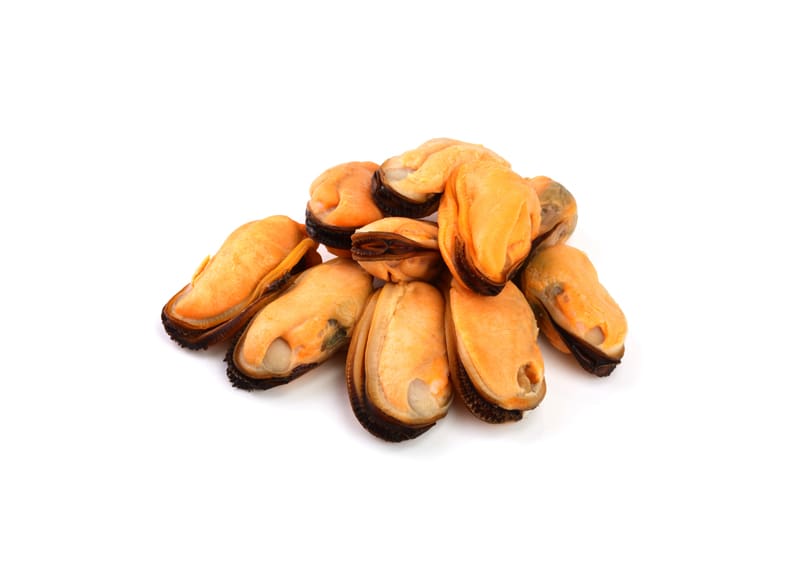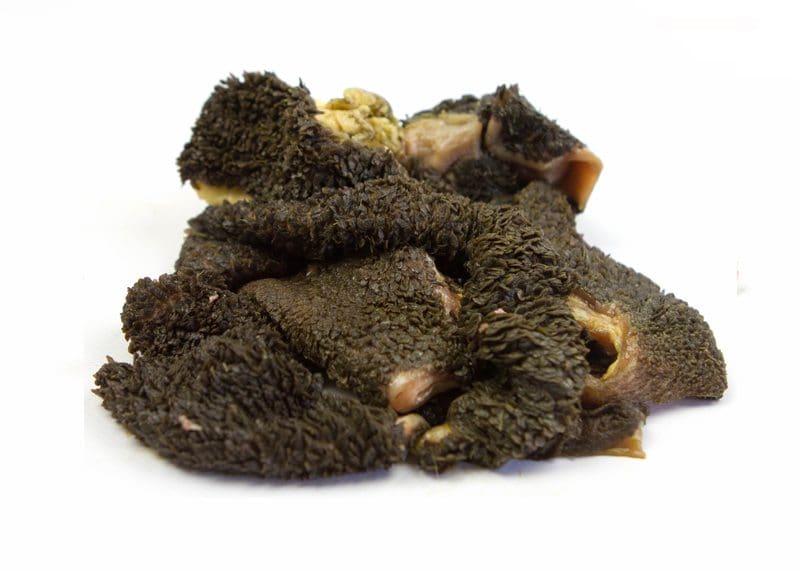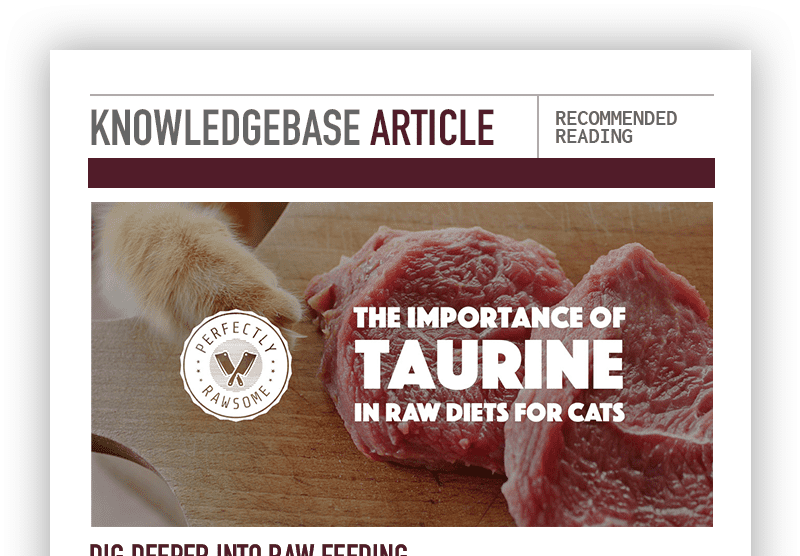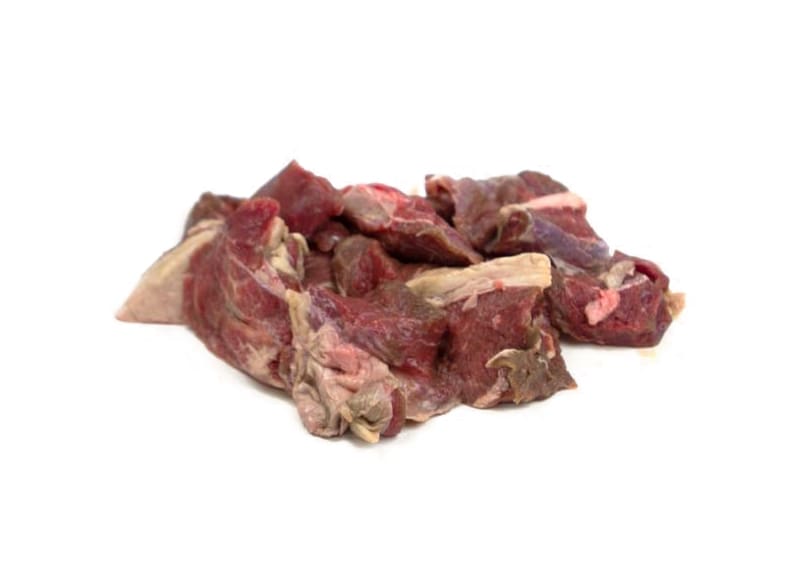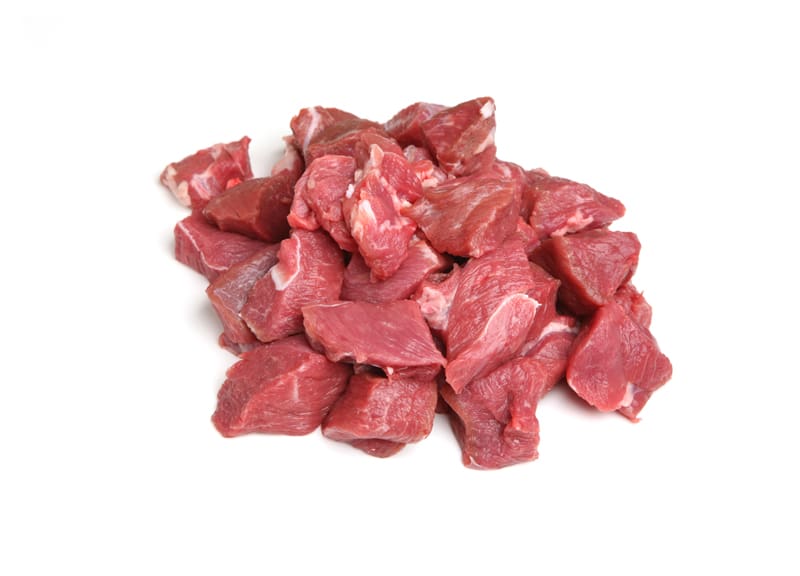Ratio diets for cats and kittens that are only composed of meat, bones and organs frequently lack essential nutrients for optimal health. It is important to identify these common deficiencies and select the appropriate whole foods or supplements to provide a nutritionally complete diet.
The National Research Council has established minimum requirements and recommended allowances for essential nutrients for cats and kittens. Additionally, the NRC provides data on nutrient deficiencies. Many pet parents believe a multi-vitamin is beneficial in raw diets to meet all essential nutrients and prevent deficiencies. However, this is not the case and multivitamins are usually not recommended. Most multivitamins do not fulfill the nutrients that many raw diets are missing and overdo nutrients that are already provided.
For every amino acid, fatty acid, vitamin, and mineral a pet requires there is a whole food that provides these essential nutrients! Absorption rates are lower with supplements; whereas nutrients are digested, absorbed, and metabolized at a higher rate when provided in fresh whole foods.
Raw diets that follow strict ratio guidelines for muscle meat, edible bone, and organs without additional whole foods or supplementation are usually deficient in certain essential nutrients. It is important to provide the appropriate whole foods or supplements to ensure the diet is nutritionally balanced.
B Vitamins
Essential Water Soluble Vitamins
Vitamin D
Essential Fat Soluble Vitamin
Vitamin E
Essential Fat Soluble Vitamin
Eicosapentaenoic & Docosahexaenoic Acid (EPA+DHA)
Essential Fatty Acid
Iodine
Essential Micromineral
Iron
Essential Micromineral
Manganese
Essential Micromineral
Taurine
Essential Amino Acid
Zinc
Essential Micromineral
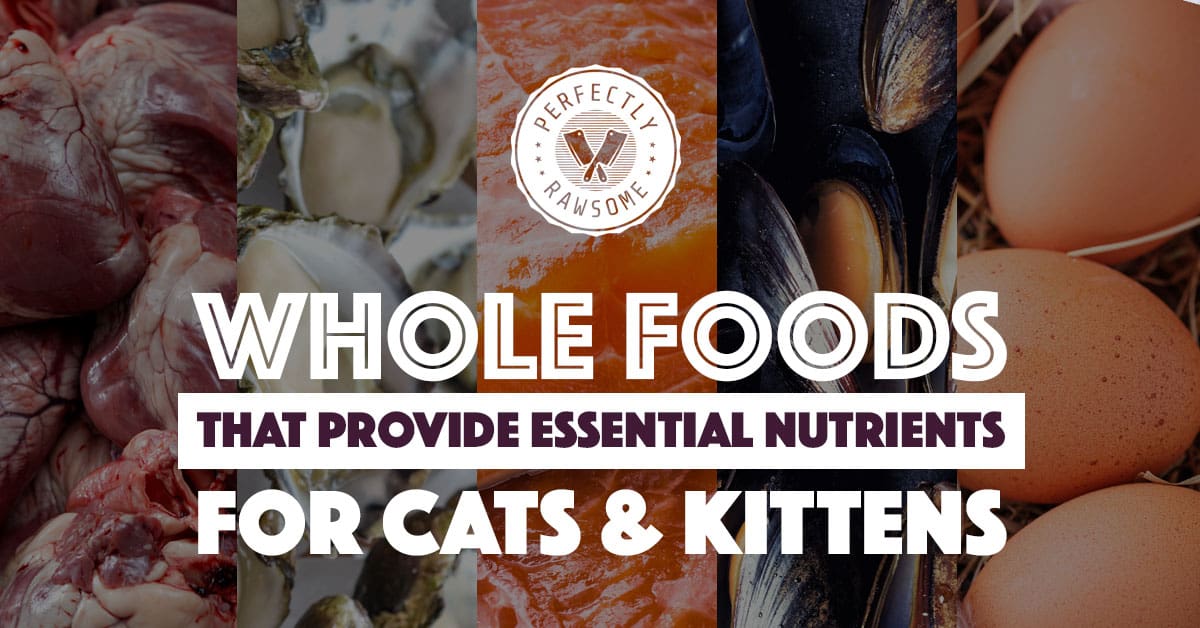
B Vitamins
B vitamins are classified as water-soluble vitamins. Excess water-soluble vitamins are not stored in body tissues. Instead they are filtered by the liver and kidneys and passed in the urine. Water-soluble vitamins are found in animal foods and recommended allowances (RA) must be met daily.
According to the guidelines set by the National Research Council, cats and kittens have very high requirements for multiple B vitamins. It can often be difficult to meet these requirements through meat, organs and seafood. While it is possible to avoid supplementation, it requires careful formulation with specific ingredients. The two B vitamins almost always low in fresh diets for cats and kittens are Thiamin and Folic Acid.
Recommended Allowance (RA) of Thiamin (B1) per 1000kcal:
Adult Cat
1.4mg Recommended Allowance
Kitten
1.4mg Recommended Allowance
Recommended Allowance (RA) of Folic Acid (B9) per 1000kcal:
Adult Cat
188mcg Recommended Allowance
Kitten
188mcg Recommended Allowance
The addition of nutritional yeast or a B vitamin complex supplement is recommended for cats and kittens unless the diet has been formulated to ensure all B vitamins are met through specific proteins and organs.
Vitamin D
Vitamin D is an essential nutrient which is commonly deficient in raw diets. It is important to understand the role Vitamin D plays in pet nutrition. Exposing a cat to sunlight will not increase their vitamin D levels as they do not produce Vitamin D like humans do. It must be provided to cats and kittens through their diet. Vitamin D is a fat soluble vitamin which means it can be highly toxic in large amounts. For this reason, Vitamin D supplements must be given with abundant caution. It is much easier to overdose a supplement than whole foods. Contact a veterinarian or nutritionist when in doubt about measuring supplements correctly.
Recommended Allowance (RA) of vitamin D per 1000kcal:
Adult Cat
1.75mcg Recommended Allowance
Kitten
0.7mcg Minimum Allowance
1.4mcg Recommended Allowance
Eggs and certain oily fish are the best animal sources of Vitamin D for cats and kittens. Fish such as herring, salmon, sardines, and mackerel include higher vitamin D than other species. An additional animal source of Vitamin D is raw, pasture-raised animal fat. While organs such as liver and kidney also provide some Vitamin D it is not quite enough to meet requirements. Lastly, fortified dairy provides some vitamin D.
While Cod liver oil can provide Vitamin D it is also high in fat-soluble Vitamin A. It is important to avoid overdoing Vitamin A when feeding Cod liver oil along with animal liver. In these cases it is recommended to have the diet professionally formulated by a nutritionist.
Below are vitamin D values of several whole foods per 1oz (28g):
Vitamin E
Vitamin E is a powerful antioxidant that plays a crucial role in supporting a pet’s health and prevents dietary fats from oxidizing. It is often low in homemade or ratio raw diets.
Recommended Allowance (RA) of vitamin E per 1000kcal:
Adult Cat
10mg Recommended Allowance
Kitten
9.4mg Recommended Allowance
VITAMIN E SUPPLEMENTATION RECOMMENDED
Vitamin E is present in whole foods such as raw brain and pastured eggs. However, it can be difficult to meet Vitamin E with whole foods due to various factors and a supplement is required.
Eicosapentaenoic & Docosahexaenoic Acid (EPA+DHA)
Many raw diets are deficient in EPA/DHA and use commercially farmed meats. These meats provide high levels of omega 6 fatty acids and little to no omega 3 fatty acids. This imbalance of omega 6 to omega 3 fatty acids can cause inflammation throughout the body. The addition of EPA and DHA to a raw diet helps correct this imbalance and meet recommended allowances for these two essential fatty acids.
Recommended Allowance (RA) of EPA+DHA per 1000kcal:
Adult Cat
25mg Recommended Allowance
Kitten
25mg Recommended Allowance
The NRC lists dietary requirements for EPA and DHA as essential omega-3 fatty acids. EPA and DHA are found primarily in fatty fish and shellfish. The inclusion of shellfish, fatty fish, fish oil, or krill oil in a raw diet are excellent whole foods to fulfill these requirements. Ideal fish options include salmon, sardines, mackerel, anchovies, and herring. Below are EPA and DHA values in various fish per 1oz (28g):
A large amount of seafood is not needed to fulfill the EPA and DHA requirements for adult cats and kittens. While fish is often considered a staple for feline diets, a seafood heavy diet is not recommended and it should only be fed in small quantities. Cats can easily become “addicted” to seafood and may refuse the rest of their diet in favor of it. This can result in a picky eater and a cat that refuses to consume a normal raw diet. However, a seafood only diet is almost always not nutritionally balanced and will likely be higher in heavy metals.
Iodine
The mineral iodine is always deficient in ratio raw diets that are not composed of whole prey, as iodine is found in the thyroid of whole prey. Iodine is needed to support healthy thyroid function. Symptoms of insufficient thyroid activity include poor growth, hair loss, weight gain, weakness, and behavioral changes (such as aggression). Many pet parents are not able to feed a diet of whole prey. Therefore, an additional source of iodine is necessary in many raw diets.
There is data to suggest that the NRC Recommended Allowance for iodine for cats and kittens is too high. Cat owners who prefer to follow this data can choose to follow NRC’s canine recommended allowance for iodine.
NRC Recommended Allowance (RA) of iodine per 1000kcal:
Adult Cat
320mcg Minimum Allowance
350mcg Recommended Allowance
Kitten
450mcg Recommended Allowance
Although whole fatty fish and shellfish provide small amounts of iodine, it is still not sufficient to fulfill iodine requirements. Seaweed such as kelp and other sea vegetables, have the highest concentration of iodine of all whole food sources – a little goes a long way! It is recommended to choose a kelp product that provides an iodine analysis. This is important since kelp can vary greatly in iodine content and improper dosing can affect thyroid health. *Many nutritional analysis do not include iodine levels unless the product is specifically tested for iodine.
Iodine Supplementation
Additional kelp is not recommended when feeding cats and kittens whole prey. This is due to the prevalence of hypothyroidism in cats and the likely iodine content in the thyroid of whole prey.
Iron
Iron is a micromineral that is present in body tissues as hemoglobin and myoglobin. It plays a role in enzyme and protein responses necessary for oxygen activation, oxygen transportation, and electron transportation. While raw diets for dogs are often plentiful in iron, cats and kittens have an especially high requirement for iron which requires specific ingredient selections to fulfill those needs.
Recommended Allowance (RA) of Iron per 1000kcal:
Adult Cat
20mg Recommended Allowance
Kitten
17mg Minimum Allowance
20mg Recommended Allowance
Below are the iron values of spleen per 1oz (28g):
Whole Foods for Iron
Spleen is the only whole food that provides enough iron to fulfill nutritional requirements for cats and kittens. If spleen is not included in the diet, an iron supplement will be required.
Manganese
Unfortunately, soft tissue injuries are common in pets. These injuries can often be related to insufficient manganese in the diet to support healthy joints, ligaments and tendons.
Recommended Allowance (RA) of manganese per 1000kcal:
Adult Cat
1.2mg Recommended Allowance
Kitten
1.2mg Recommended Allowance
While whole prey provides manganese from the fur and feathers; the bioavailability of such manganese is unclear. Manganese is often deficient in ratio diets depending on what ingredients are fed. It is best to feed animal-based ingredients as the primary source of manganese in a raw diet. Below are manganese values in some whole foods per 1oz (28g):
Kittens may take to eating either mussels or tripe more easily if these ingredients are introduced at a young age. However, many cats will not accept green tripe due to the pungent smell. Especially adult cats that transitioned to fresh food at an older age.
Mussel Ingredient Notes
It is important to note that green lipped mussels do not provide sufficient levels of manganese and should not be confused with blue, black or chilean mussels. Green lipped mussels will be labeled specifically as “green lipped” while blue, black or chilean mussels will often simply be labeled as mussels or mussel meat.
Taurine
Taurine is an essential amino acid for cats and kittens that is needed to maintain optimal eye and heart function. Unlike dogs, cats cannot create their own taurine from other amino acid precursors methionine and cysteine. Therefore, it is essential to ensure a cat’s diet provides sufficient amounts of taurine.
Recommended Allowance (RA) of taurine per 1000kcal:
Adult Cat
0.08g Minimum Requirement
0.1g Recommended Allowance
Kitten
0.08g Minimum Requirement
0.1g Recommended Allowance
Taurine Supplementation Information
Taurine supplementation is required in ground raw diets or cooked diets for cats and kittens. Grinding meat decreases the taurine content by increasing the surface area of the meat that is exposed to air. This results in the oxidation of taurine which will decrease the overall available taurine. When feeding a home-cooked diet, it is important to note that heat destroys more than half (about 65%) of the taurine content.
The Importance of Taurine in Raw Diet for Cats
Zinc
Zinc has three functions: catalytic, structural, and regulatory. Zinc is a cofactor in enzymes and is therefore involved in carbohydrate and protein metabolism, cell replication, and wound healing. Excessive levels of zinc can impact the absorption of other dietary minerals. For this reason caution is encouraged when giving zinc supplements. Consult a veterinarian or nutritionist when in doubt.
Recommended Allowance (RA) of zinc per 1000kcal:
Adult Cat
18.5mg Recommended Allowance
Kitten
18.5mg Recommended Allowance
Zinc is found in higher concentrations within animal sources rather than plants. Red meats such as beef or lamb will provide some zinc. However, an additional zinc source is often required in ratio raw diets. The primary animal-based whole food which provides a high concentration of zinc is canned or cooked oysters. Below are zinc values of some whole foods per 1oz (28g):
Multi Vitamins
A raw diet typically consists of raw liver and other organs. Organs are considered nature’s multivitamin because they are packed with many essential nutrients. These nutrients include heavy doses of B vitamins (B1, B2, B6, folic acid, and B12), as well as traces of vitamin D. Various organ meats are also loaded with minerals like phosphorus, iron, copper, magnesium, and vitamin A. Pasture raised livestock and wild game contain even higher levels of these essential nutrients than their grain-fed counterparts.
Multi-Vitamin Cautions
Multivitamins will not address the common deficiencies in ratio-based raw diets and will contain nutrients already highly present in the diet. Over supplementing certain nutrients is not beneficial. It can cause digestive upset, diarrhea, or at worst hypervitaminosis. It is recommended to avoid multivitamins. Instead provide whole foods or targeted supplements for any essential nutrients that are missing. If whole foods for an individual nutrient cannot be fed due to sourcing, budget, or allergy/intolerance – then it is recommended to consult with a vet or nutritionist for the dosage of an individual nutrient supplement.
CLOSING COMMENTS
Many raw diets do suffer from nutritional deficiencies when strictly following PMR model ratios without the inclusion of specific whole foods. These whole foods are vital components to providing key essential nutrients to create a balanced diet:
Nutritional Yeast
B Vitamins
Fatty Fish & Eggs
Vitamin D
Supplementation Recommended
Vitamin E
Fatty Fish & Shellfish
Eicosapentaenoic & Docosahexaenoic Acid (EPA+DHA)
Kelp
Iodine
Spleen
Iron
Green Tripe, Blue/Black Mussels
Manganese
Whole Raw Meat & Organs
Taurine
Oysters, Lean Red Meat
Zinc
Raw diets do not require extensive supplementation or multivitamins to provide all essential nutrients. Appropriately selected whole foods can easily create a nutritionally complete diet for a dog or cat without resorting to synthetic supplementation. (This does not mean that certain supplementation is not beneficial for specific needs and/or medical conditions.)
